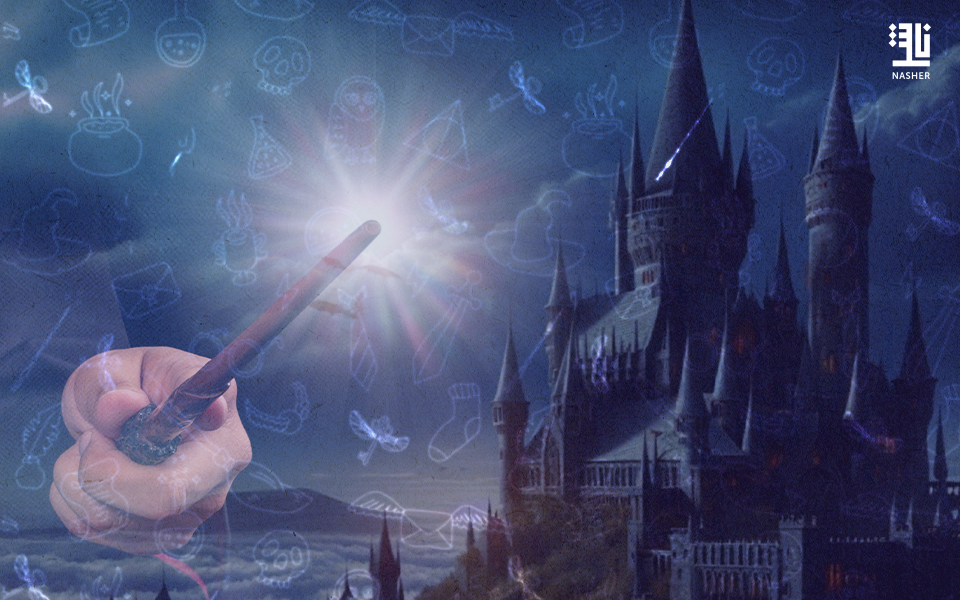When J.K. Rowling placed the final period at the end of the seventh Harry Potter novel in 2007, many believed the magical world had closed its doors, and that the orphan boy’s adventures, who once defied death, would end with the last words of The Deathly Hallows. Yet, as time unfolded, a very different truth emerged: what began as a fantasy tale for children has grown into a global cultural legacy whose influence reaches far beyond the world of books and literature.
From a literary perspective, the series remains a powerful presence in global reading culture. New illustrated editions continue to appear, translated into an ever-growing number of languages, reaching readers who were not even born when the first books were published. Today, teenagers and children discover Hogwarts for the very first time, turning magic into a deeply personal discovery rather than an inherited nostalgia. The series continues to build bridges among readers across ages, languages, and cultures.
Yet Harry Potter’s success didn’t stop at literature alone. It evolved into a comprehensive cultural phenomenon, what is often referred to as a multi-platform literary brand. From blockbuster films that reimagined the characters visually, to theatrical productions like The Cursed Child, to theme parks in Orlando, London, and Tokyo, the world of Harry Potter has grown into an immersive space where fans experience the magic beyond the written page.
Alongside its enduring literary and commercial presence, recent years have witnessed a remarkable surge in global auctions of first editions of the series, now among the most sought-after items in the rare book market. Some early copies of Harry Potter and the Philosopher’s Stone have fetched record-breaking prices, surpassing hundreds of thousands of dollars in auctions across the UK and the United States. These volumes are no longer just old books, but coveted cultural artifacts that symbolize the profound impact the series has had on its readers, and on the rare book market itself.
Despite the rise of new generations of readers drawn to other fantasy worlds, such as Rick Riordan’s works on Greek and Roman mythology, or series like Shadow and Bone, Harry Potter retains a unique place in today’s literary and cultural landscape. Its success is not measured solely by the over 500 million copies sold, nor by the countless translations and awards it has accumulated, but by its ability to create an entire generation of readers who discovered the joy of reading through this magical gateway. The series has transcended its own text, becoming a formative experience woven into the memory of millions across the globe, what could rightfully be called the “Harry Potter generation.”
Though the series may have ended textually eighteen years ago, its presence endures, on library shelves, in readers’ hearts, and within the imagination of new generations who have learned that, sometimes, the magic of literature truly begins after the final page is turned.







